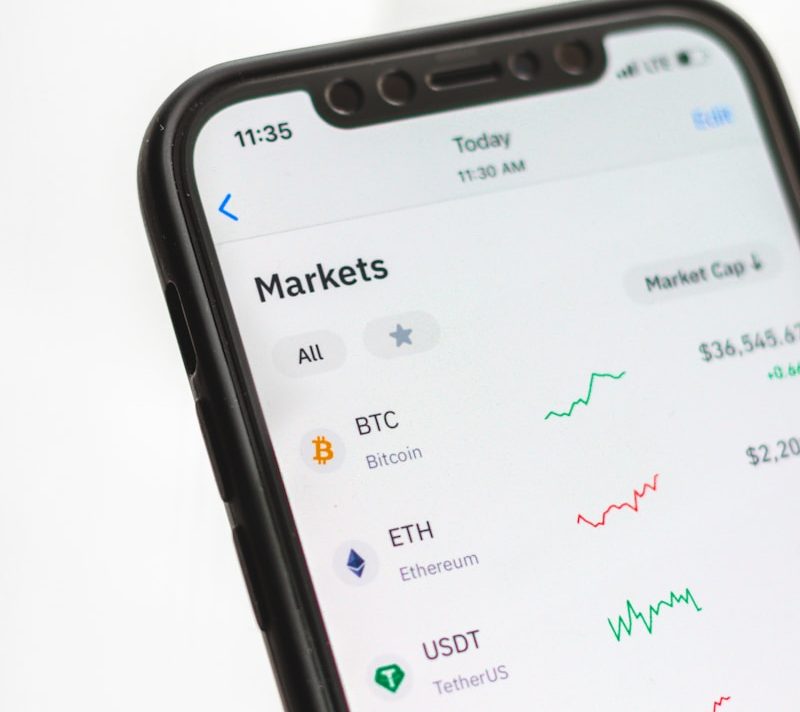The same pattern plays out in stock market corrections. While most retail investors panic-sell at losses, the ultra-wealthy and institutional investors are often on the other side of those transactions, accumulating shares at discount prices.
The Wealth Transfer Mechanism
What separates the truly wealthy from everyone else is their perspective on market cycles. They operate at a different level of understanding. While most people worry about market direction—whether prices are going up or down—the 1% focus on transaction volume.
Why? Because the real money isn’t made in predicting market movements but in facilitating and profiting from transactions regardless of direction. This is something I learned firsthand during my time at Leigh Steinberg Sports & Entertainment, where we represented top athletes in contract negotiations.
The ultra-wealthy understand that:
- Market volatility creates transaction opportunities
- Transaction fees and spreads generate consistent income
- Volume matters more than direction for specific business models
- Liquidity providers profit in both bull and bear markets
Consider financial institutions that generate revenue through trading commissions. They profit whether their clients are buying or selling. The key metric for them isn’t market direction but trading volume. More transactions equal more revenue, regardless of whether the market is up or down.
View this post on Instagram
Applying This Wisdom to Your Financial Strategy
I believe understanding this wealth transfer mechanism is crucial for anyone looking to build lasting financial security. Instead of fearing market downturns, we should see them as inevitable parts of economic cycles that create both challenges and opportunities.
Here’s how you might adjust your thinking:
- Focus on cash flow rather than asset prices
- Maintain liquidity to capitalize on distressed asset opportunities
- Consider business models that profit from transactions rather than market direction
- Study how wealth is transferred during different market conditions
The most successful investors I’ve known don’t just try to time the market. They position themselves to benefit from the movement of money regardless of economic conditions. They understand that wealth rarely vanishes—it simply changes hands.
This perspective shift doesn’t mean everyone can immediately join the 1%. But it does mean we can learn from their playbook. By understanding how money flows rather than disappears, we can make more informed decisions about our own financial futures.
Next time you hear about a market crash, remember that money isn’t gone. It’s just moved. And the question worth asking isn’t “Where did my money go?” but rather “Who received it, and what can I learn from them?”
Frequently Asked Questions
Q: How exactly does money transfer to the wealthy during market downturns?
During market crashes, the wealthy often have cash reserves to purchase assets at discounted prices from those who need to sell due to financial pressure. They buy real estate, stocks, and businesses when prices are low, positioning themselves for significant gains when the market recovers.
Q: Why do you say transaction volume matters more than market direction?
Many financial entities generate revenue from fees, commissions, or spreads on transactions. Market makers, brokerages, and exchanges profit from the volume of trades, rather than from whether prices rise or fall. This business model creates consistent income regardless of market conditions.
Q: How can average investors apply this knowledge if they don’t have large cash reserves?
Even with modest resources, you can adopt aspects of this mindset. Build an emergency fund that doubles as an opportunity fund. Consider dollar-cost averaging into investments during downturns. Look for cash-flowing assets rather than focusing solely on appreciation potential.
Q: Is this wealth transfer mechanism a form of market manipulation?
No, it’s simply how markets function. Those with capital, knowledge, and emotional discipline can act when others cannot. The transfer happens through standard market mechanisms, though some may view the outcomes as unfair. Understanding these dynamics helps you position yourself better within the system.
Q: What industries specifically profit from high transaction volumes regardless of market direction?
Financial exchanges, brokerage firms, payment processors, market makers, and certain types of financial service providers all have business models that benefit from transaction volume. Their revenue comes from facilitating trades or transactions, rather than from influencing asset prices.







